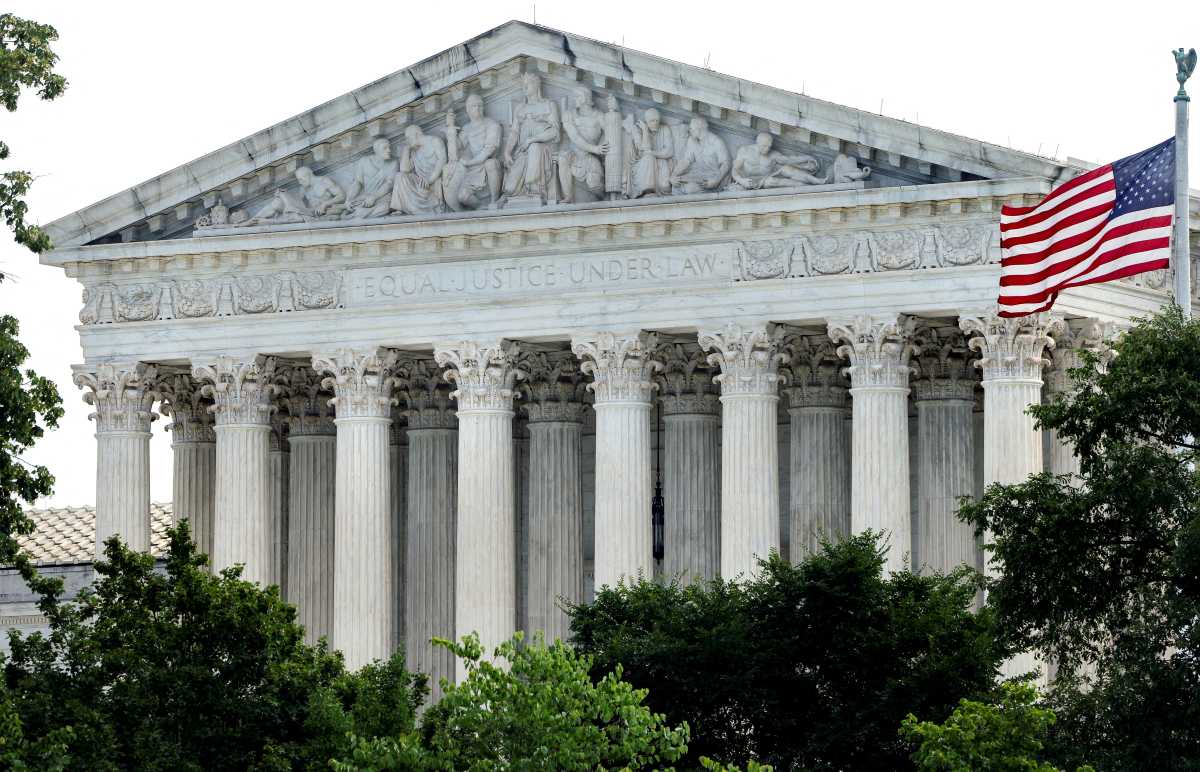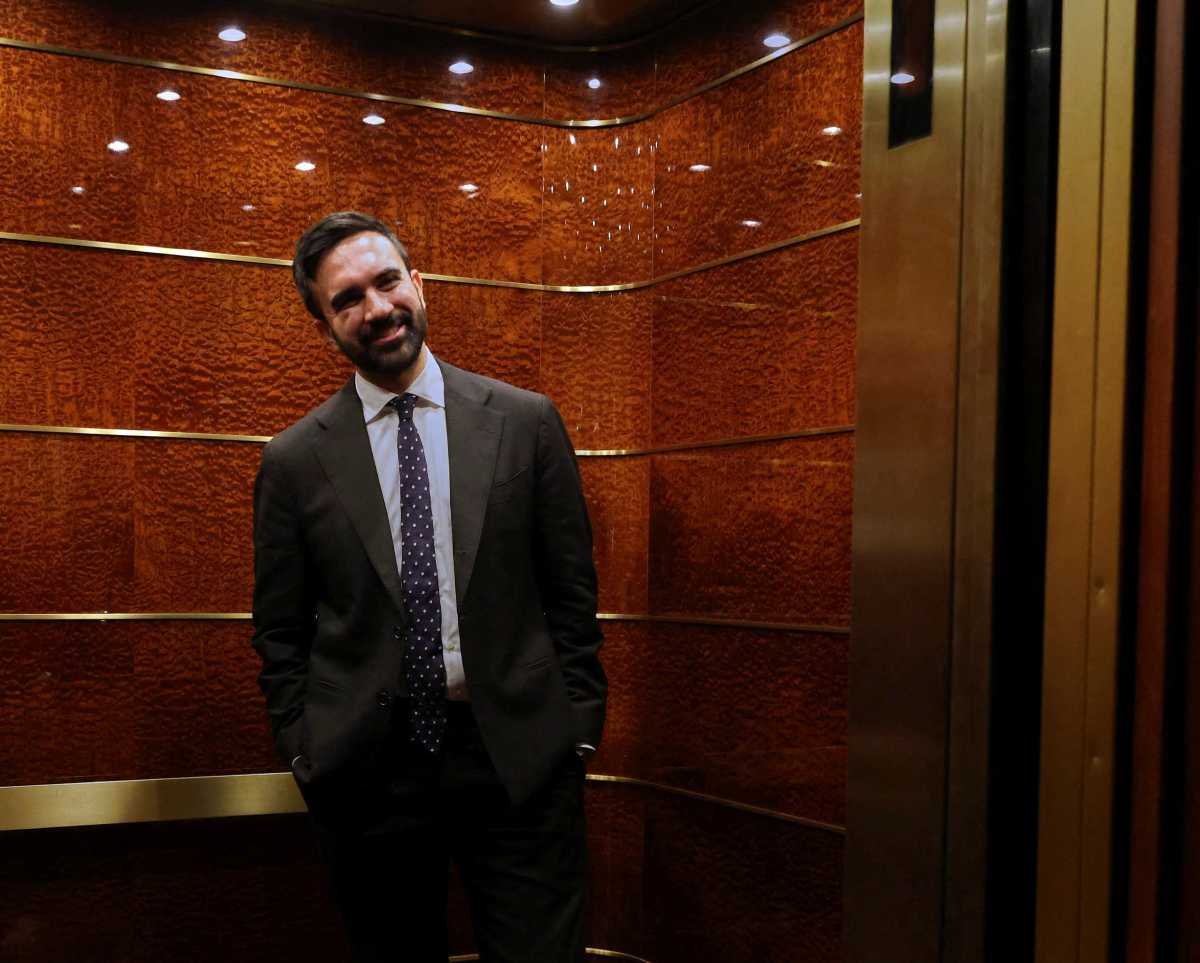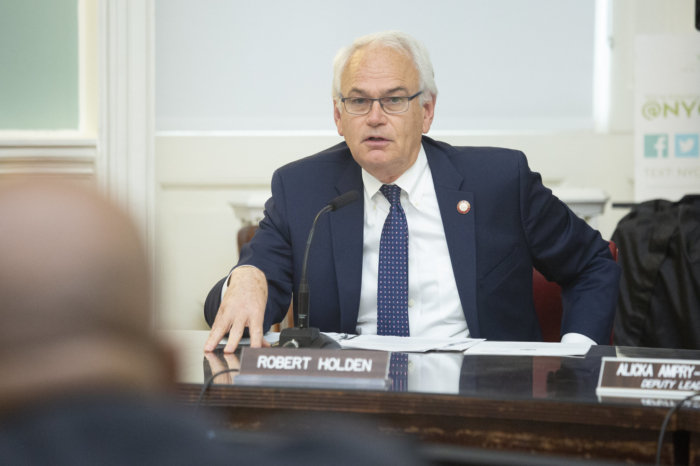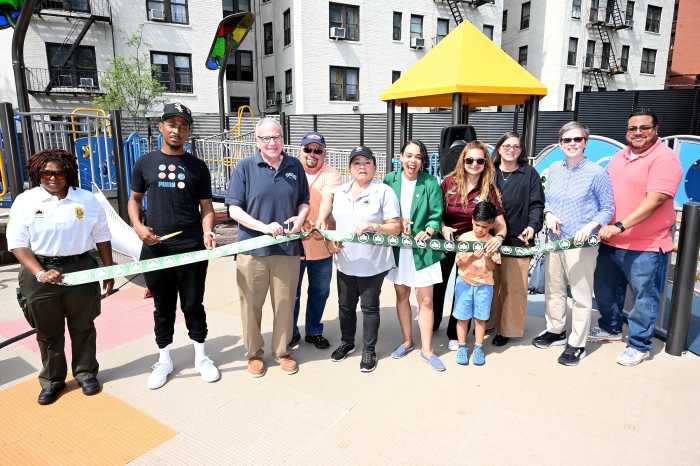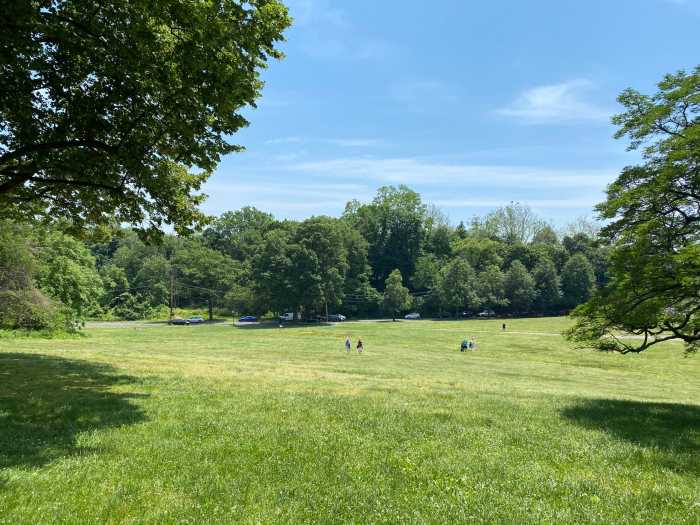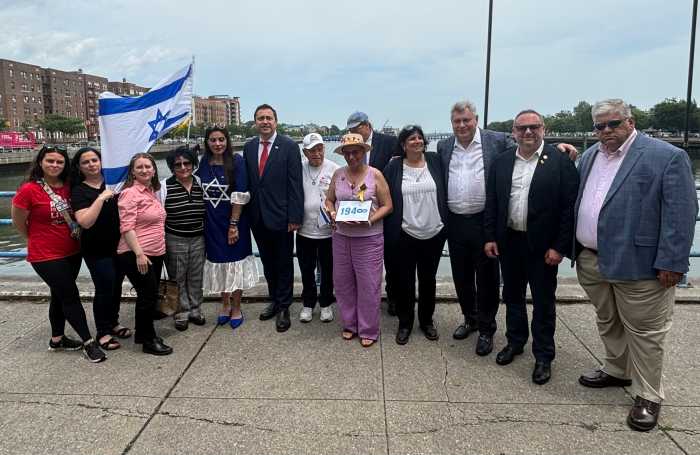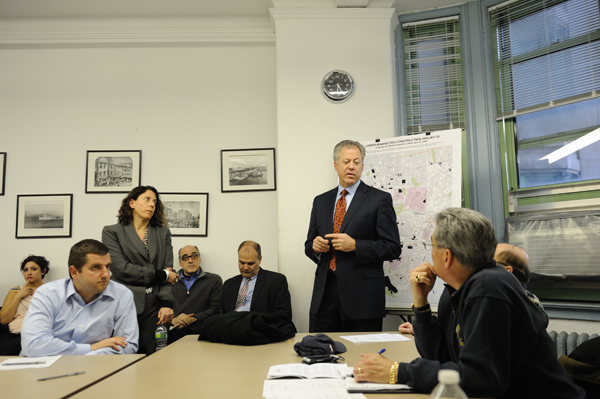
[Updated March 30 with a comment from Councilmember Margaret Chin]
The Howard Hughes Corporation wants to erect a first-class hotel, market-rate residential apartments and additional retail space in the Seaport. There is no longer any doubt about their intentions.
Nine days after the City Council approved a ULURP (Uniform Land Use Review Procedure) application from Howard Hughes for construction plans on Pier 17, and for rezoning the East River waterfront between Maiden Lane and the Brooklyn Bridge, new information has surfaced about what the Dallas-based developer and E.D.C. agreed to as the basis for a “mixed use project” in the Seaport.
A Letter of Intent between the parties dated Dec. 12, 2011 had previously been released, but portions of it relating to a “mixed use project” were blacked out. Now, in an unredacted version, it becomes clear what Howard Hughes, and its subsidiary, South Street Seaport Limited Partnership, have in mind.
Though the Letter of Intent does not stipulate exactly where these buildings would go, the amount of square footage mentioned suggests that to a large extent, they would have to be in the newly rezoned waterfront area.
The New Market Building, which is not in the Seaport historic district, is a likely spot for at least some of this development. Although the City Council just approved zoning changes to limit building heights in the area, the zoning could be changed again.
Should Howard Hughes proceed with some version of its mixed-use plans for the South Street Seaport, they would still have to go through another ULURP process. They would have to be vetted by Community Board 1, the Landmarks Preservation Commission (for those parts of the plan affecting a landmarked district), the City Planning Commission, the Borough of Manhattan President and the City Council.
The unredacted Letter of Intent was obtained via a Freedom of Information Law request to the E.D.C., and provided to Downtown Express.
The hotel would be about 95,000 square feet, and there’d also be approximately 280,000 gross square feet of market-rate residential apartments, and about 82,000 gross square feet of additional retail space.
In addition, the stipulations include about 60,000 gross square feet of parking plus reconstruction of the Tin Building to consist of approximately 100,000 gross square feet. The document notes that the Tin Building is now a four-level building but that the South Street Seaport Limited Partnership would have the right to increase it in height to five levels.
The document states that the E.D.C. and the Hughes subsidiary acknowledge that the range of areas for each of the major components of the Mixed Use Project are general estimates and that, in connection with the development of the final plan for the Mixed Use Project, the Seaport subsidiary has the right to reallocate space among its major components without the consent of the E.D.C.
“The allocation of square footage between hotel use and residential may vary as between such two uses as S.S.S.L.P. shall determine in its sole discretion,” the letter says.
“We’ve been asking [Howard Hughes} for a master plan for the site all along. They have obviously not been telling us the truth when they said they didn’t have one,” John Fratta, chairperson of Community Board 1’s Seaport Committee, said when told of the new information. “Obviously, hearing this, there was a very clear plan. This is the problem that the Seaport Committee and I’m sure, the board, has with Howard Hughes. They’re not being forthcoming with us.”
Asked on March 29, to comment on what the Howard Hughes “mixed use project” would consist of and where the elements of it might be located, Alex Howe, a spokesperson for H.H.C. declined to comment.
He also declined to comment on whether there was a master plan for the Seaport.
Also on March 29, Kelly Magee, press secretary for City Councilmember Margaret Chin, in whose district the South Street Seaport is located, claimed in an email, “There is absolutely nothing in the L.O.I. (Letter of Intent) that describes H.H.C.’s development plans. Absolutely nothing.”
Robert LaValva, founder of the New Amsterdam Market on South Street, said that in August 2012, he was allowed to look at the unredacted L.O.I. though he was not allowed to keep a copy. He said that he did this in the presence of Councilmember Chin and several members of her staff, along with some of City Council Speaker Christine Quinn’s staff members. “I certainly remembered that the Letter of Intent made reference to hotels and market-rate housing,” he said, but without the actual document in his hands, he was unable to prove this.
However, when he testified in front of City Council’s Sub-committee on zoning and land use on March 14, 2013, he said, “Some people will try to tell you that the ULURP before the Council today has nothing to do with the Fish Market site and that we should express our concerns in the future. I am here to tell you that is not the case.”
He went on to say, “By voting to approve this ULURP, you will be approving a rezoning not only of the Pier 17 mall, but of the entire waterfront from Maiden Lane to the Brooklyn Bridge, including the site of the Fulton Fish Market buildings. What is troubling about this is that E.D.C. and Howard Hughes have a Letter of Intent to redevelop the Fulton Fish Market site as a luxury residential high rise, hotel and retail complex. The proposed rezoning therefore enables a development that has never been revealed to the public or reviewed by the Council. If we wait until these plans are proposed, it will be too late. The only time to protect this site from demolition is now.”
LaValva said subsequently that Magee scolded him at the time for bringing these matters up at the Pier 17 ULURP hearing.
Seth Pinsky, president of the E.D.C., told Downtown Express March 28 that E.D.C. can say “no” to a proposal from Howard Hughes, depending exactly on what is proposed. The plans would have to meet certain criteria, many of which are spelled out in the Letter of Intent.
On March 30, Councilmember Chin issued a response to this article:
“Like the community board, my office has also asked Howard Hughes to make their development plans public. I understand the frustration people feel, but the Letter of Intent (LOI) is not a master plan for the Seaport. The LOI does not contain any specific development proposals, and furthermore, it is not accurate to use the numbers quoted in the LOI to predict what future development could entail. On March 20, 2013, as part of the Pier 17 ULURP, the Council passed a rezoning that limits what can be built at the Seaport. This applies to any form of development be it residential, commercial, or community facility use. This recently passed rezoning set the limits for future development and supercedes what is in the LOI.
“If Howard Hughes does take the option to develop, they will have to present a formal plan to the City, but this has not happened yet. That plan will have to go through the public ULURP process. Development cannot proceed unchecked. The City has final say and approval on development at the Seaport.”



